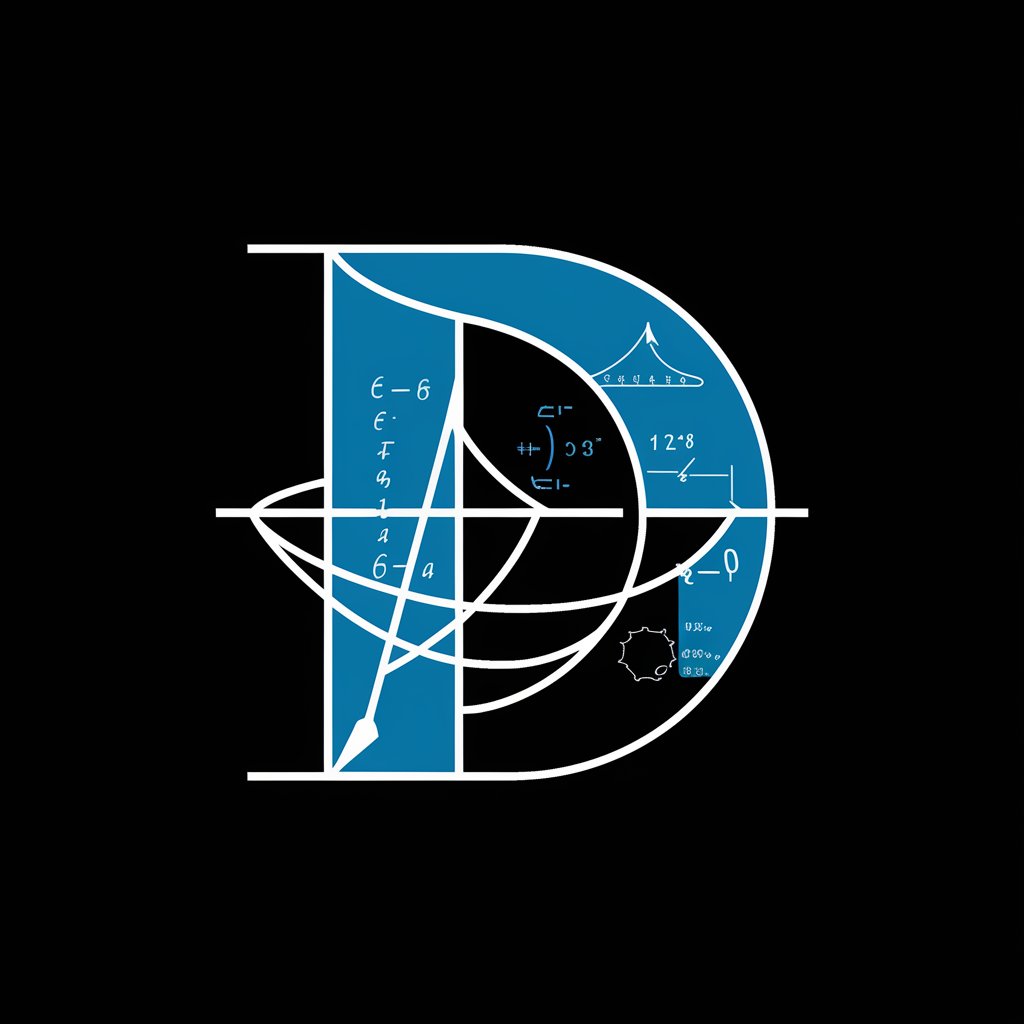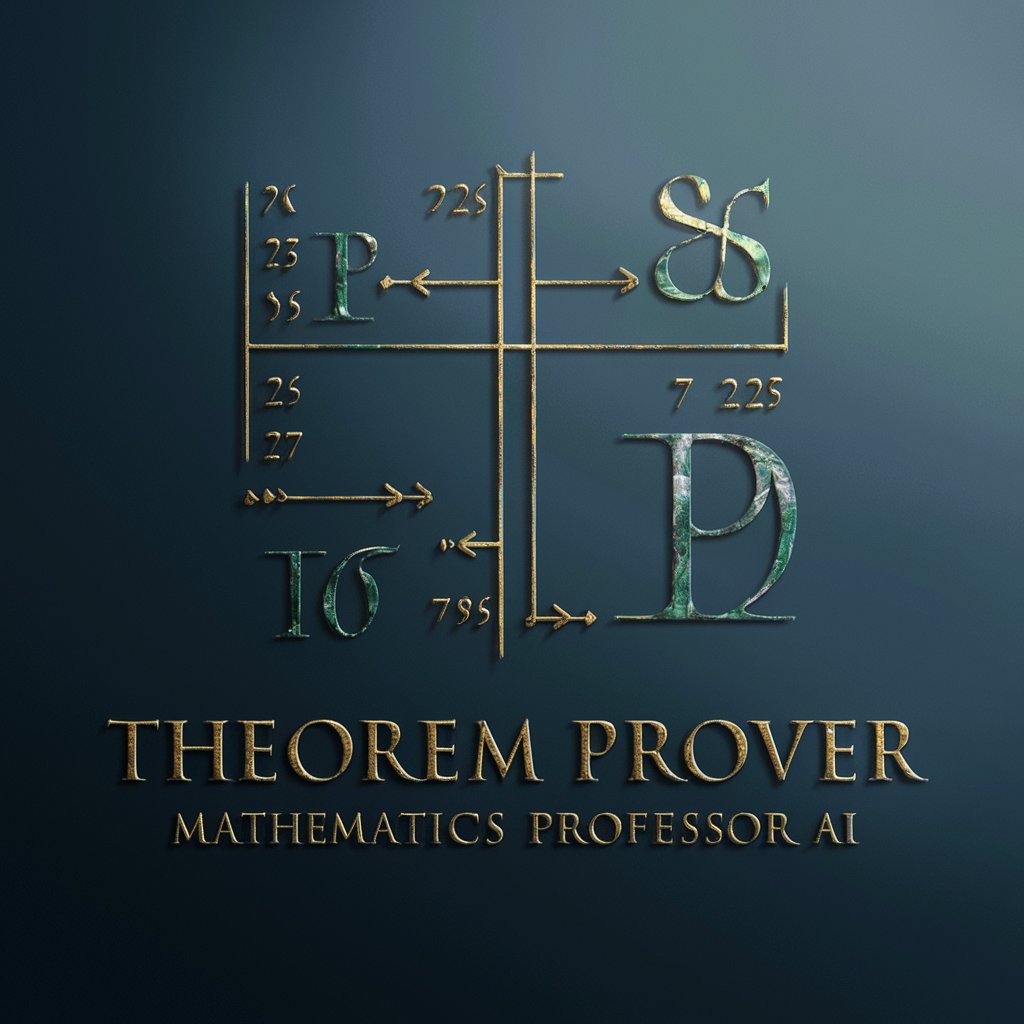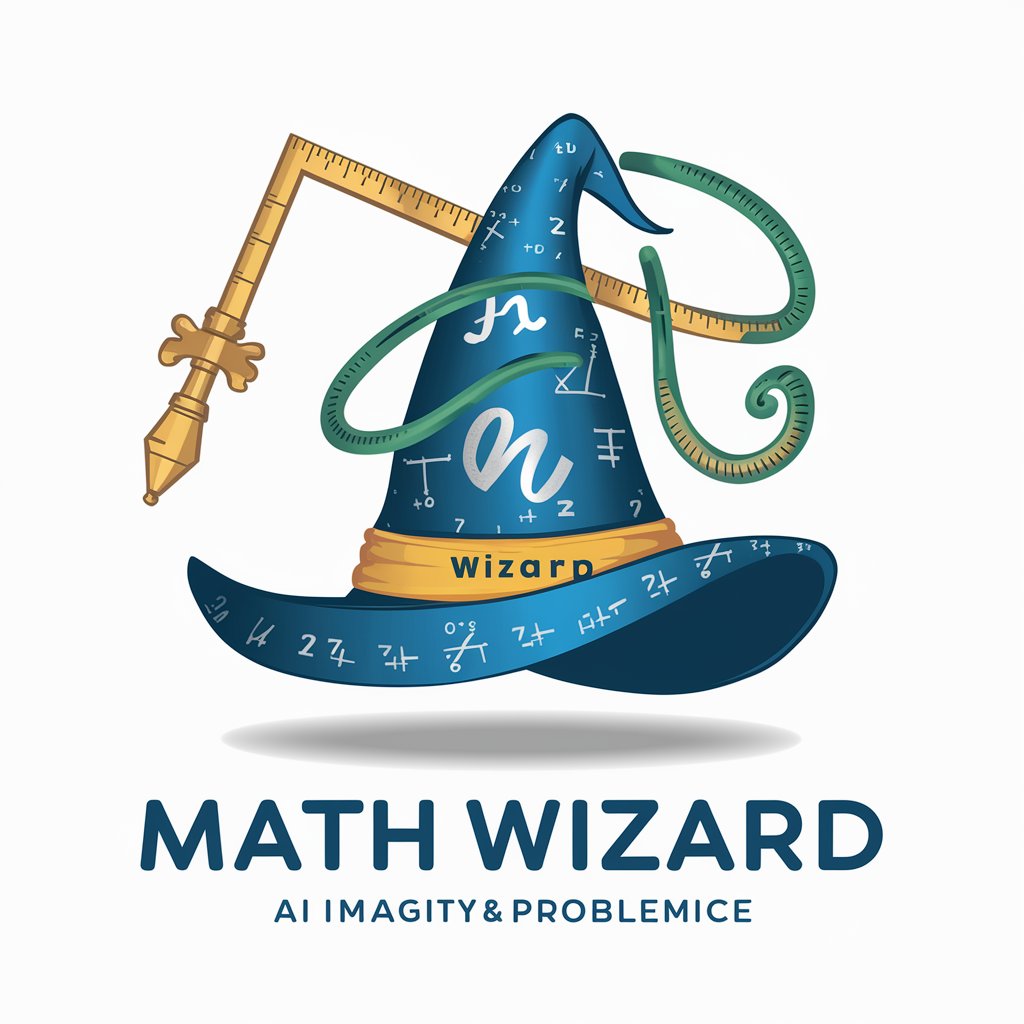6 GPTs for Equation Analysis Powered by AI for Free of 2026
AI GPTs for Equation Analysis are advanced computational tools powered by Generative Pre-trained Transformers (GPTs) designed to analyze, solve, and interpret mathematical equations. These tools leverage the power of machine learning and natural language processing to understand and manipulate mathematical expressions, providing tailored solutions across a wide range of applications from basic arithmetic to complex calculus. They are integral in automating the process of equation analysis, making them highly relevant for educational, research, and professional tasks.
Top 6 GPTs for Equation Analysis are: Math,Advanced Differential Equation Solver,Visual Physics,Maths theorem prover,Math Wizard,Proof Tutor
Math
AI-powered tool for math solutions.

Advanced Differential Equation Solver
Solving differential equations, powered by AI

Visual Physics
Demystifying Physics with AI

Maths theorem prover
Demystifying math with AI-powered proofs

Math Wizard
Solve math puzzles with AI power.

Proof Tutor
AI-powered Math Proof Assistance and More

Essential Attributes and Functions
AI GPTs for Equation Analysis boast a range of unique features, including the ability to interpret complex mathematical language, solve equations, and provide step-by-step explanations. These tools adapt from simple equation solving to handling intricate mathematical problems, offering features like symbolic computation, numerical analysis, and even graph plotting. Additionally, they support custom function definition and integration, making them versatile for various equation analysis tasks. Their capabilities are further enhanced by language learning, offering technical support in multiple languages, web searching for data-driven analysis, image creation for visualizing mathematical concepts, and data analysis features for interpreting results.
Who Benefits from Equation Analysis GPTs?
AI GPTs for Equation Analysis cater to a diverse audience, ranging from students and educators seeking to enhance learning experiences, to researchers and professionals needing advanced analytical tools. These GPTs are accessible to novices without coding skills, providing user-friendly interfaces for simple equation solving. For developers and professionals with programming expertise, they offer customizable options for integrating and expanding functionalities, making them ideal for specialized applications in science, engineering, and finance.
Try Our other AI GPTs tools for Free
Stock Recommendations
Discover AI-powered GPT tools for precise stock recommendations, offering advanced market insights, predictive analytics, and personalized investment strategies for investors at all levels.
JSON Templating
Discover AI GPTs for JSON Templating, the cutting-edge solution designed to automate and enhance your data structuring tasks. Tailored for both novices and professionals, these tools revolutionize JSON data manipulation with ease and precision.
ETL Processing
Discover how AI GPTs for ETL Processing are transforming data workflows with automation, adaptability, and advanced analytics. Tailor your ETL tasks with AI-powered efficiency.
Distance Calculation
Discover the power of AI GPTs for Distance Calculation: precision, versatility, and ease of use for spatial analysis and optimization.
Driving Time
Discover how AI GPTs for Driving Time optimize routes, predict travel times, and enhance your driving experience with real-time data analysis and machine learning.
Digital Restoration
Explore AI GPTs for Digital Restoration: Tailored solutions for preserving and enhancing historical, valuable digital content through advanced machine learning technologies.
Further Exploration into GPTs for Equation Analysis
AI GPTs for Equation Analysis revolutionize how mathematical problems are approached, offering scalable solutions from education to professional research. Their user-friendly interfaces facilitate ease of use, while the option for deeper integration caters to customized application needs. These tools exemplify the potential of AI in transforming traditional workflows, making them indispensable in various sectors requiring precise and efficient equation analysis.
Frequently Asked Questions
What are AI GPTs for Equation Analysis?
AI GPTs for Equation Analysis are specialized tools that utilize Generative Pre-trained Transformers to solve, analyze, and interpret mathematical equations across various complexity levels.
How do these tools handle complex equations?
They employ machine learning algorithms to interpret and solve equations, offering capabilities like symbolic computation, numerical analysis, and custom function integration.
Can I use these tools without programming knowledge?
Yes, these tools are designed to be accessible for users without programming expertise, offering intuitive interfaces for equation analysis.
Are there customization options available for professionals?
Yes, for those with programming knowledge, these tools provide APIs and scripting options for customizing and integrating advanced features into their workflows.
Do these GPTs support graph plotting?
Yes, many AI GPTs for Equation Analysis include graph plotting features to visualize mathematical functions and solutions.
Can these tools provide step-by-step solutions?
Yes, a key feature of these tools is their ability to break down solutions into step-by-step explanations, making them great for educational purposes.
Are these tools multilingual?
Yes, some of these tools support multiple languages, offering equation analysis and technical support in various linguistic contexts.
How do these tools integrate with existing systems?
Through APIs and custom scripts, these GPTs can be seamlessly integrated into existing software systems or educational platforms, enhancing their functionality.